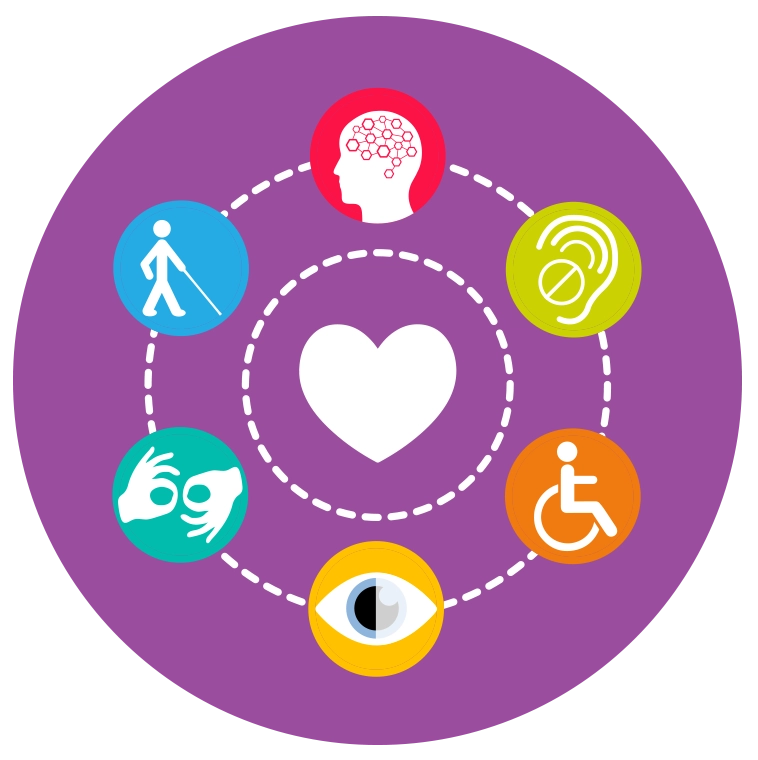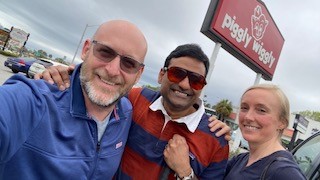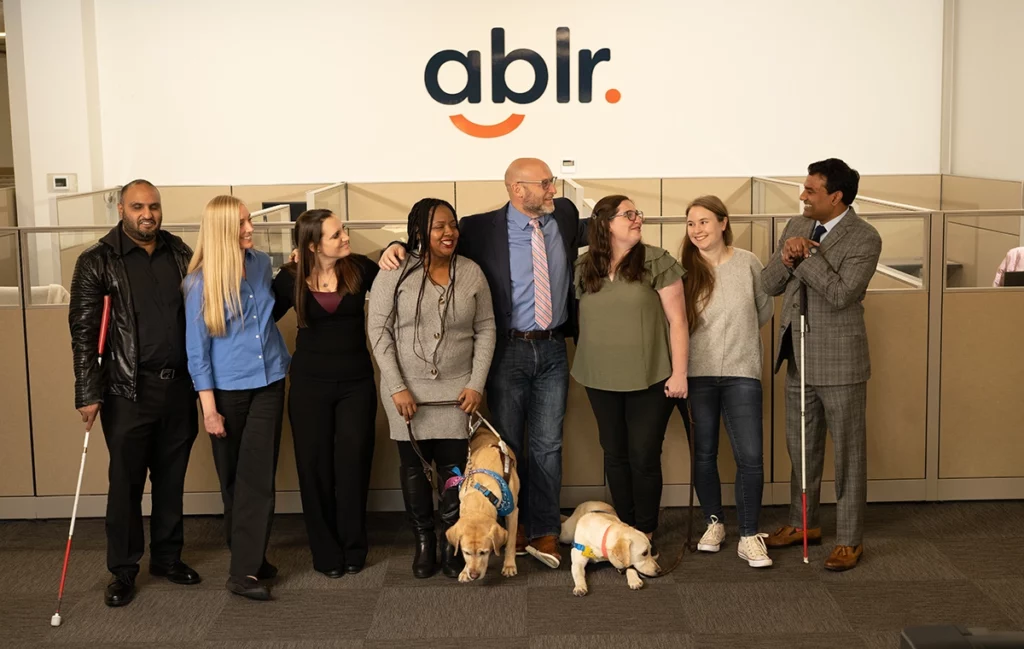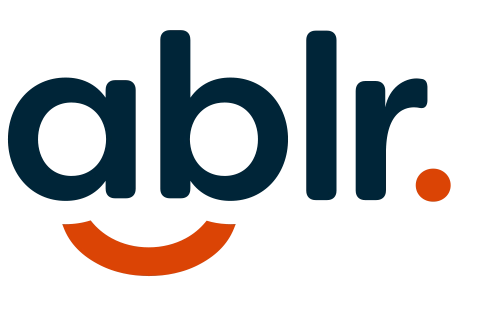Our Story
Removing the barriers of unconscious bias around disability.
How Ablr grew out of a manufacturing facility into a one-stop accessibility service provider.

About Us
How it all Began.
Our Leadership Team
The Ablr leadership team brings a unique and impactful background to disability inclusion and accessibility. The company’s formation was born out of personal challenges faced by its co-founders. With a background of 20 years leading digital marketing and advertising in various industries, including sporting goods, ecommerce, and education, Mike Iannelli experienced a life-changing realization that led him to connect with John Samuel. John Samuel, on the other hand, confronted his own struggles with a degenerative eye condition and the subsequent loss of his vision. These two individuals, coming from different backgrounds and life experiences, found each other during their darkest and most transformative moments to establish Ablr. Through their collaboration, Ablr is dedicated to changing lives every day by championing disability inclusion and creating accessible experiences for all.

“This is a cultural shift that needs to happen, and we have been trying to do this by providing digital accessibility services, by people with disabilities. Not only are we helping our customers make their digital content more accessible, but we are also helping them build empathy, both of which I hope will lead to more people with disabilities entering the workforce.”
John Samuel, Ablr’s CEO
The natural connection
Digital Marketing, Accessibility and Inclusion.
Our People
Ablr is dedicated to employing, training, and promoting professionals with disabilities. With 70% of our team members having disabilities, we value diverse abilities. Our inclusive philosophy is exemplified by our visually impaired CEO and leaders with disabilities in our parent company, LC Industries. Ablr harnesses the unique talents and perspectives of individuals with disabilities to deliver exceptional accessibility solutions.
Our Process
Ablr is a leader in digital accessibility, with a proven methodology. Our certified analysts, many of whom use assistive technology, provide comprehensive solutions. We measure performance and ROI through benchmark reporting. With a client-centric approach, we deliver tailored solutions by understanding our clients’ needs. Our partnership is built on open communication and a touch of fun. Ablr ensures a transformative and excellent accessibility experience.
Our Mindset
Ablr prioritizes a people-first mindset, empowering clients to understand and prioritize accessibility. By integrating accessibility from the outset, clients can proactively address barriers and deliver exceptional user experiences. At Ablr, we believe that focusing on people drives impactful results in digital accessibility.

Removing Barriers Together
Brand Values.
Innovation
We are constantly pushing forward in order to open the gates for change to happen. Our innovative approach combines both state-of-the-art accessibility testing technology with testing by people with disabilities.
Partnership
We are partners on this journey and in the end we both come out stronger. We don’t just provide a service, we take the time to understand our partner’s needs to ensure they have what they need to succeed.
Education
By listening and sharing stories, we bring awareness and empathy to disability & inclusion.
Equality
We remove the barriers for people with disabilities because accessibility is a civil right. We exist to support the companies we work with and the disability community as a whole.
“The disability community is an untapped market and with nearly one billion people globally it is a market that businesses cannot ignore. In addition, this is a community that is unemployed, often underemployed, so if we can remove the barriers that are causing this, we can make a significant socioeconomic impact.”
John Samuel, Ablr’s CEO
